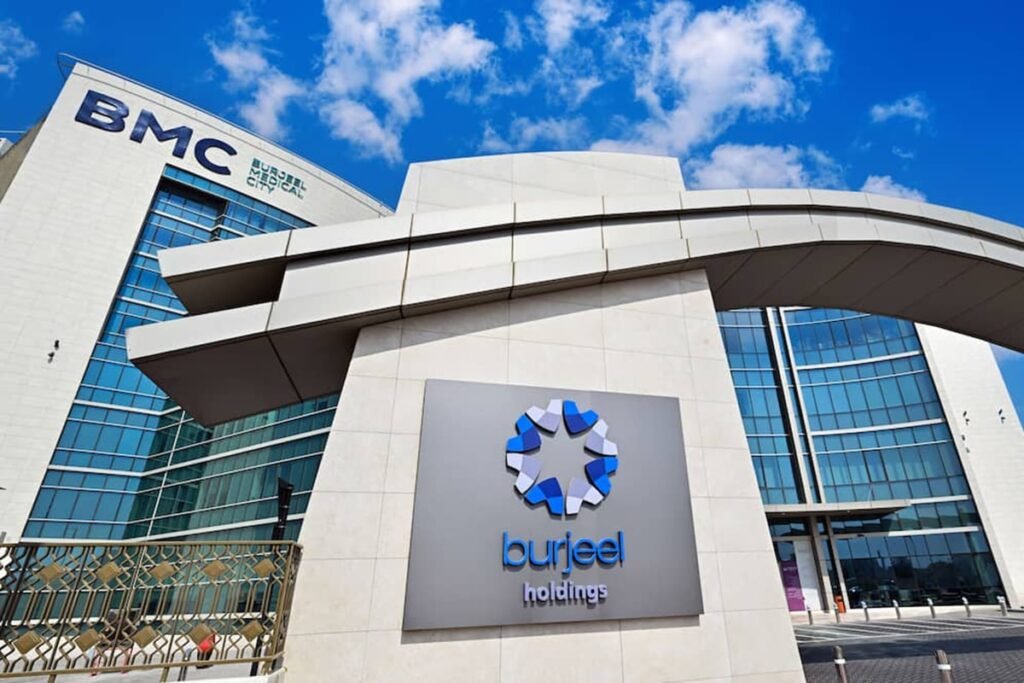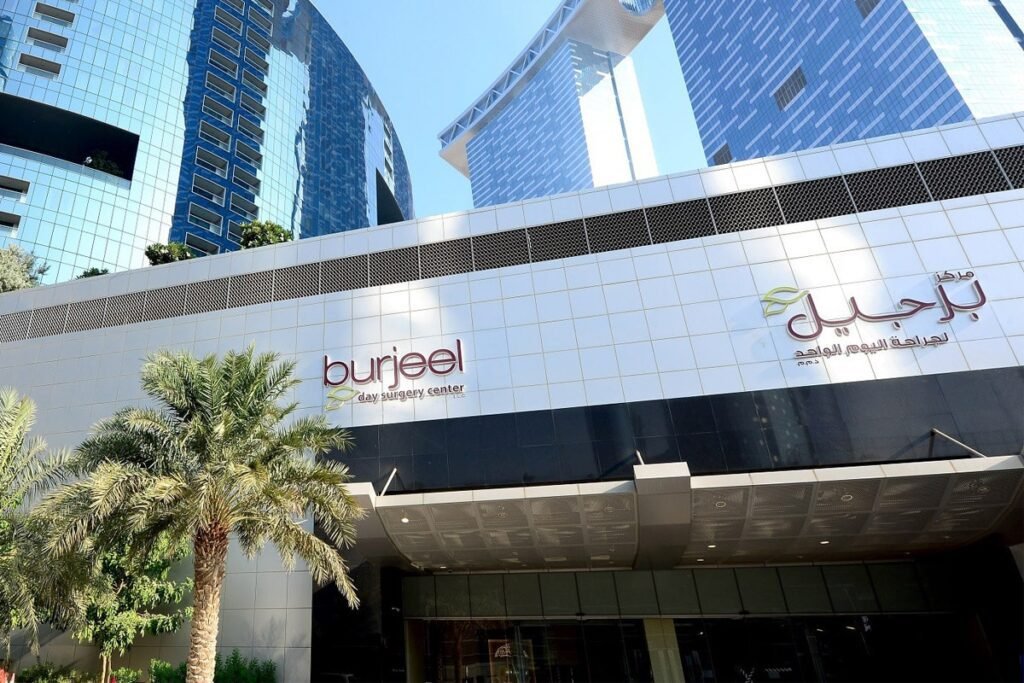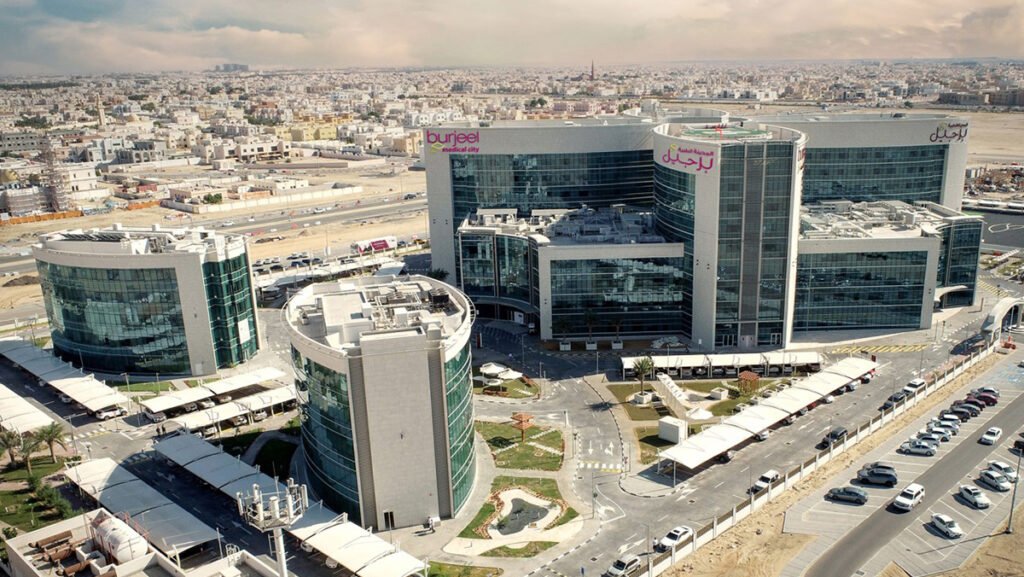Burjeel, one of the leading healthcare providers in the UAE, entered 2025 with high hopes and strong early results. However, as the first quarter came to a close, the company found its growth trajectory disrupted by the timing of Ramadan. The holy month, which typically influences many aspects of business in the region, had a noticeable effect on Burjeel’s performance during this critical period.
In this article, we’ll explore how Ramadan affected Burjeel’s financial performance and why these results may differ from the company’s expectations. Let’s take a closer look at the key factors influencing Burjeel’s Q1 results and what this means for the future.
Burjeel’s Strong Start to 2025
Before the month of Ramadan, Burjeel had a solid start to the year. The company was seeing impressive growth across its healthcare services, with increased patient visits and expanding healthcare offerings. The management team was optimistic, predicting strong earnings and significant growth in the first quarter. This initial momentum suggested that the year could end up being a record-breaker.

However, Burjeel’s performance started to take a downturn as Ramadan began.
The Impact of Ramadan on Healthcare Businesses
Ramadan, the holy month of fasting, is a significant event across the Middle East. It brings with it a number of changes in behavior, work schedules, and even healthcare habits. In the UAE, where Burjeel operates, Ramadan is known to slow down certain business activities, particularly in industries such as retail, entertainment, and even healthcare.
During Ramadan, people’s routines shift, and they often experience changes in their health, diet, and daily activities. These factors can affect the demand for healthcare services, with many patients postponing elective procedures or routine visits during this time. The fasting hours can also lead to changes in emergency care needs, as certain health issues related to fasting or dehydration tend to rise.
Burjeel, like many other healthcare providers, had to adapt to these changes. The number of patient visits and elective procedures significantly dropped, and this affected the company’s overall earnings for Q1.
What Does This Mean for Burjeel’s Financial Outlook?

The immediate impact of Ramadan on Burjeel’s Q1 results raises questions about the company’s future performance. Despite the slowdown in Q1, it’s important to remember that Ramadan is an annual occurrence, and its effects are well understood in the industry. Healthcare businesses like Burjeel are typically prepared for this seasonal dip, making it a predictable challenge.
However, the timing of Ramadan in 2025, which coincided with a strong start to the year, added an extra layer of complexity. The company had to navigate a shift in demand, and as a result, Q1 numbers didn’t fully reflect the growth that was initially expected. That said, analysts remain optimistic about Burjeel’s ability to rebound in the coming months, especially once Ramadan ends and patients resume their regular healthcare routines.
Key Factors Affecting Burjeel’s Q1 Results
Several factors contributed to the dip in Burjeel’s financial performance during the first quarter:
1. Patient Visits Decline
During Ramadan, many people in the UAE adjust their schedules and priorities. As a result, the number of patients visiting healthcare centers, including Burjeel hospitals, decreased. Elective surgeries and routine check-ups were postponed, leading to fewer revenue-generating visits.
2. Shift in Healthcare Needs
While elective care may have dropped, there was a slight increase in emergency care during Ramadan. However, the surge was not enough to offset the decrease in regular visits. The healthcare needs of patients often shift during Ramadan, focusing more on issues related to fasting and hydration.
3. Decreased Workforce Productivity
During Ramadan, many businesses, including healthcare providers like Burjeel, operate under adjusted working hours. The shorter days and fasting schedules can lead to reduced productivity, which may also have contributed to a delay in treatment schedules and overall patient care.
Looking Ahead: How Burjeel Can Recover
While Burjeel’s Q1 performance was impacted by Ramadan, the company is likely to recover as the year progresses. Healthcare providers in the UAE are accustomed to the seasonal changes brought about by Ramadan, and the second quarter typically sees a bounce-back in patient visits and procedures.
For Burjeel, the key to recovery will be capitalizing on this increased demand and maintaining its strong position in the market. As the holy month concludes, the company will likely see an uptick in patient activity, and its financial performance should improve significantly.
Moreover, Burjeel has been investing in new facilities, expanding its service offerings, and focusing on digital healthcare solutions, all of which are expected to strengthen its growth trajectory in the long term.
The Long-Term Outlook for Burjeel
Despite the challenges faced in Q1, Burjeel remains a key player in the UAE healthcare market. The company’s ability to adapt to seasonal changes and its forward-looking investments will position it well for continued growth. Analysts are optimistic that the company will rebound quickly from this temporary setback, especially as the demand for healthcare services continues to grow in the UAE.

The company’s long-term strategy involves enhancing patient care, expanding its hospital network, and embracing new healthcare technologies. These factors will help Burjeel maintain its competitive edge and drive future growth, even after the seasonal slowdown caused by Ramadan.
Conclusion
Burjeel’s Q1 numbers for 2025 were impacted by the timing of Ramadan, a seasonal occurrence that affects many industries in the UAE, including healthcare. Although the dip in performance was noticeable, it is expected that the company will recover quickly in the months to come. With strong investments and a strategic focus on growth, Burjeel is poised to bounce back and continue on its path to success.
As Ramadan draws to a close, healthcare providers like Burjeel will experience an increase in demand, and it’s likely that the second quarter of the year will see more favorable results. For investors and industry watchers, it’s important to keep an eye on how the company adapts to these seasonal fluctuations and how it capitalizes on the opportunities ahead.
Read More: Discover Luxury Like Never Before at The Waldorf Astoria Dubai International Financial Centre













